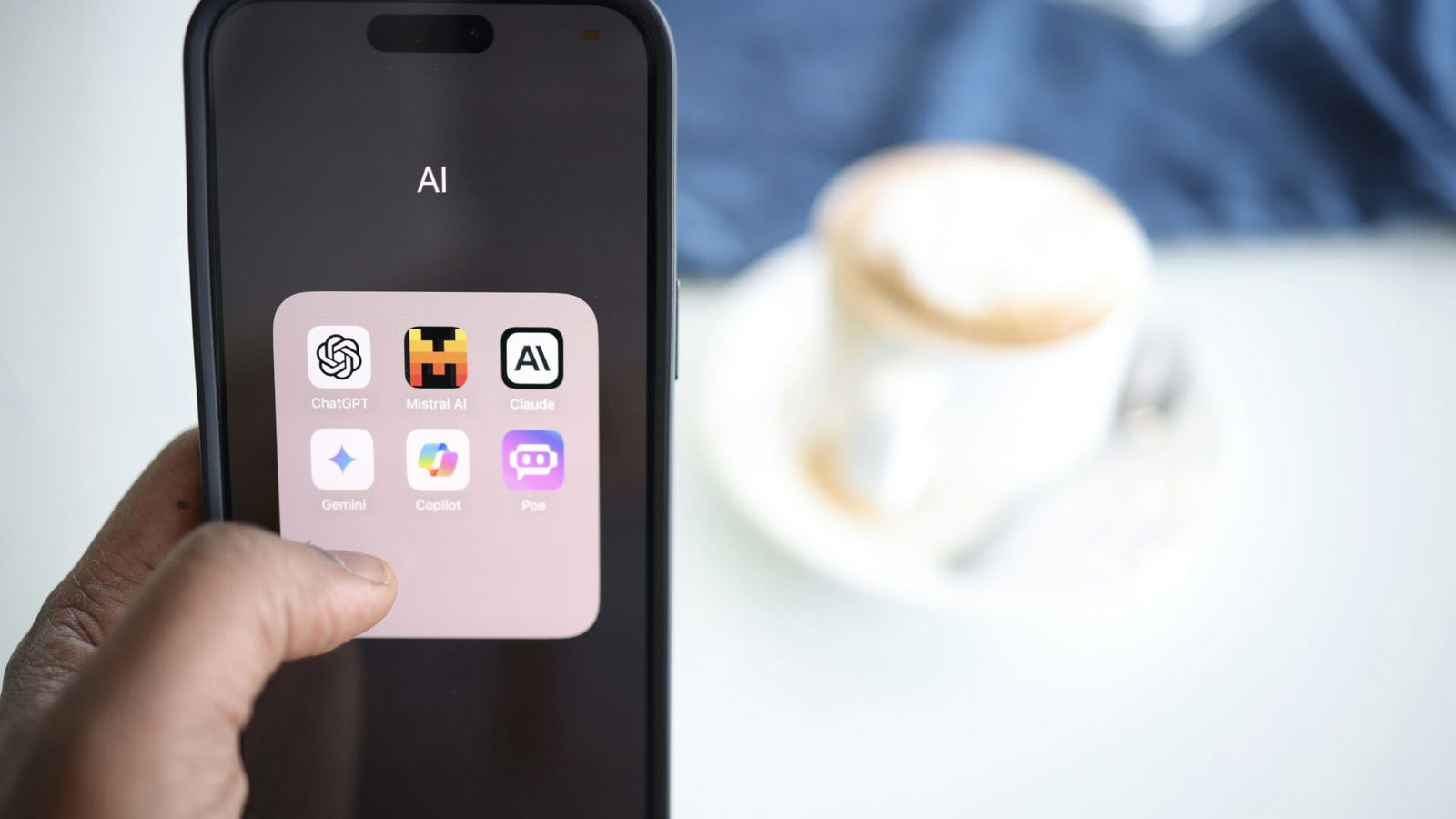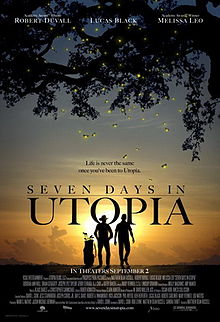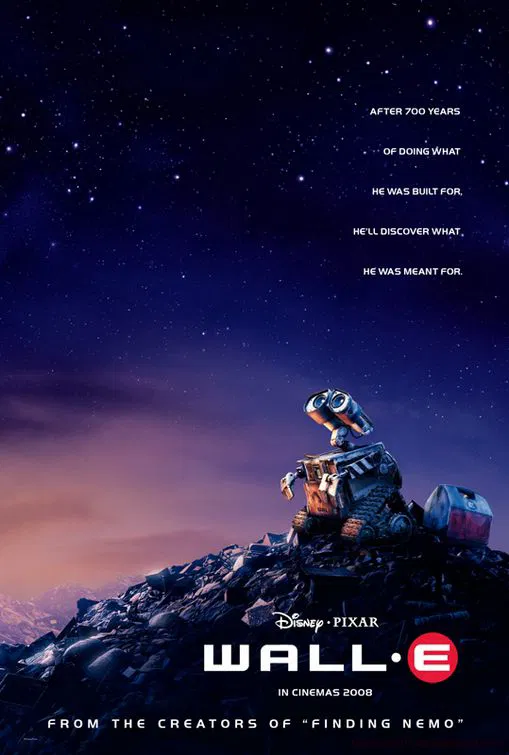
By Gavin Boyle
The number of Americans that use AI chatbot ChatGPT today has nearly doubled since the summer of 2023, reaching 34% of all U.S. adults.
“ChatGPT daily active users have increased >4x over the last year. Messages/day by much more than that,” ChatGPT creator Sam Altman wrote in a post on X in May. “At the same time, the engineering team has greatly increased reliability and is now making real progress on speed. Significant scale to be doing this at; great work!”
chatgpt daily active users have increased >4x over the last year. messages/day by much more than that.
at the same time, the engineering team has greatly increased reliability and is now making real progress on speed.
Related: ChatGPT Adds 1 Million New Users In One Hour After Adding This Feature
significant scale to be doing this at; great work!
— Sam Altman (@sama) May 20, 2025
Research from Pew backs this claim up, as a new study found that 34% of all American adults have used the tool — up from 18% in summer of 2023 — and 80% of American adults have at least heard of the tool. While the number of people who use the tool for any reason has risen, it has received significant growth from those using it for their work, up from 8% to 28% in the past two years.
While use of the chatbot has been steadily increased since it launched in November 2022, it added millions of users in an extremely small window earlier this year after it added a new image generation feature.
“The ChatGPT launch 26 months ago was one of the craziest viral moments I’d ever seen, and we added one million users in five days,” Altman said in March. “We added one million users in the last hour.”
Use of ChatGPT, however, remains controversial as many worry about how AI may change the job landscape in the near future. The release of ChatGPT’s image generation tool, for example, sparked a debate over what should be protected by copyright as ChatGPT perfectly reproduced identifiable art styles — like Studio Ghibli — earlier this year. While art styles have not been protected under copyright in the past, some wonder if new rules should be implemented to combat the power of AI.
Meanwhile, OpenAI, the company that runs ChatGPT, argues that its tools simply allow for more creative freedom and that AI should not be punished for its abilities.
“Our goal is to give users as much creative freedom as possible,” OpenAI said in a statement, per Axios. “We continue to prevent generations in the style of individual living artists, but we do permit broader studio styles — which fans have used to generate and share some truly delightful and inspired fan creations.”
Whatever AI’s future holds, it is clear that the technology is here to stay and is becoming more ubiquitous in Americans’ lives.
Read Next: ChatGPT Rolling Out Major Update: ‘Like AI From the Movies’
Questions or comments? Please write to us here.



 - Content:
- Content: 

 – Content:
– Content: 